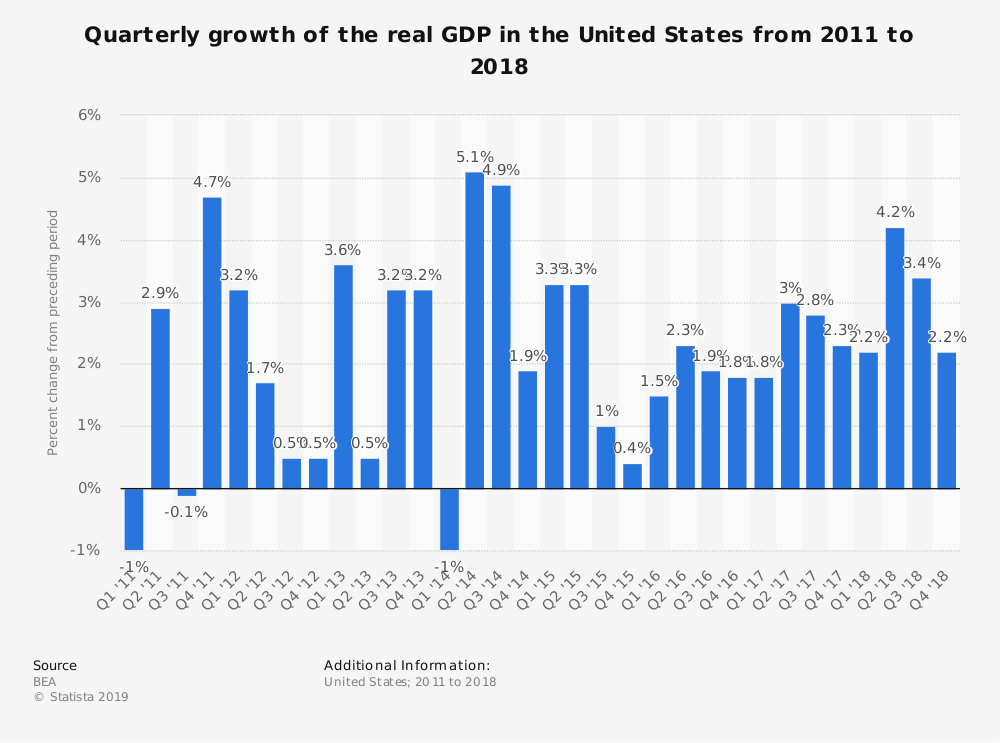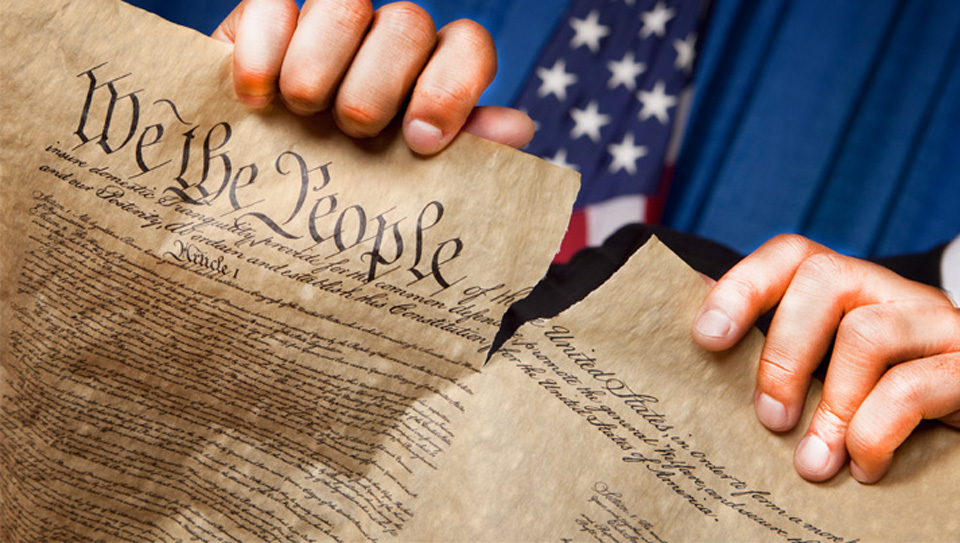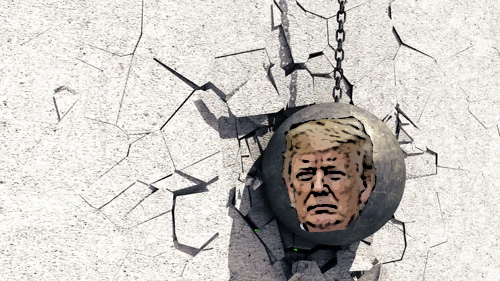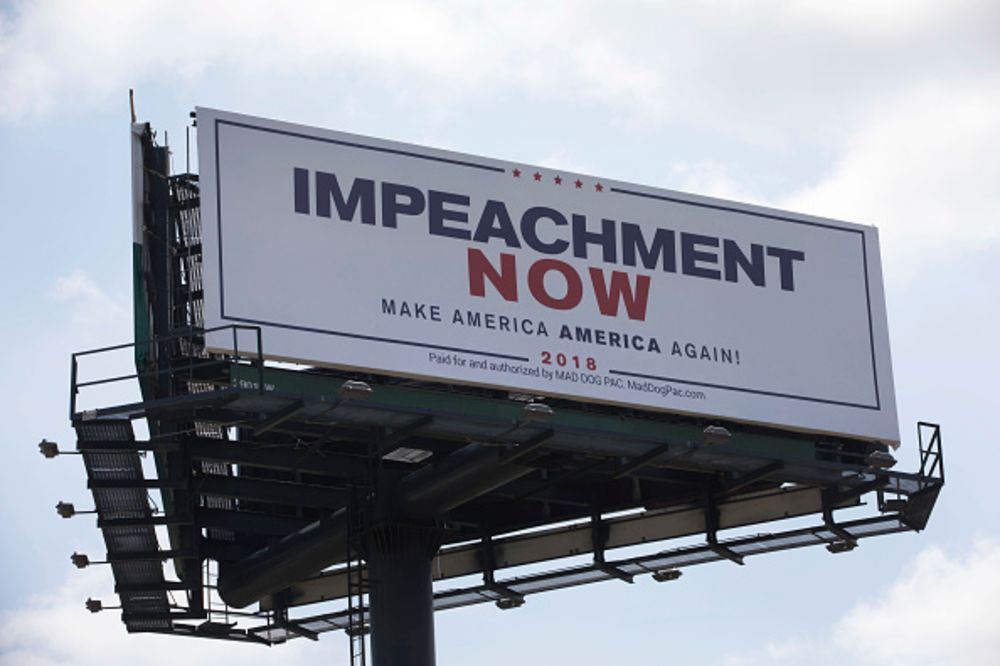I clearly remember that in in my rural Missouri elementary school in the 1950s, once or twice a year the school nurse would line us up in alphabetical order and give us vaccines. That’s where most of us got vaccinated in those days, in shool. The school nurse had all of our vaccine records in a card file, and when we got to the front of the line and bared her arm, she’d check her card file to see what we needed, and dose us accordingingly.
I assume it was some kind of state program, and I don’t know when it ended. But I don’t recall there was anything controversial about this at the time, nor did anyone have a problem with Big Gubmint Vaccines or combining several vaccines at once. By the 1950s the vaccines for diphtheria, tetanus and whooping cough (pertussis) already were combined in one shot. Nobody complained. Diphtheria, tetanus and whooping cough had not yet passed from living memory and were still feared. Immunization was greatly appreciated. The CDC:
Before pertussis vaccines became widely available in the 1940s, about 200,000 children got sick with it each year in the United States and about 9,000 died as a result of the infection. Now we see about 10,000 to 40,000 cases reported each year and unfortunately up to 20 deaths.
Diphtheria once was a major cause of illness and death among children. The United States recorded 206,000 cases of diphtheria in 1921, resulting in 15,520 deaths. Starting in the 1920s, diphtheria rates dropped quickly due to the widespread use of vaccines. Between 2004 and 2017, state health departments reported 2 cases of diphtheria in the United States. …
… The case-fatality rate for diphtheria has changed very little during the last 50 years. The overall case-fatality rate for diphtheria is 5%–10%, with higher death rates (up to 20%) among persons younger than 5 and older than 40 years of age. Before there was treatment for diphtheria, the disease was fatal in up to half of cases.
Today, though, Missouri is among the worst states for vaccination rates. Probably the only reason there haven’t been news stories about epidemics here is that so much of the state is rural. In densely populated New York, authorities have closed schools.
Part of the standard schtick of anti-vaxxers is to downplay the seriousness of the diseases vaccines can prevent. It’s true that measles used to be a common disease from which most people recovered. I got it when I was ten or eleven; brilliantly, I managed to get into a poison ivy patch the day before I got sick. The results were epic. Deaths from measles are nearly unheard of in the U.S. these days. But a small percentage of people who get measles will develop encephalitis as a result, sometimes many years later, and that’s a whole ‘nother thing. Do see the website of the British Encephalitis Society for data.
Anti-vax propaganda is all over the web, enabling the ignorance. See “A Look at Anti-Vaxxers’ Monstriously Bad Measles Math.”
A new statistic is circulating in the anti-vaccination corner of the Internet. Two numbers, side by side: zero, the number of deaths caused by measles in the past decade, and 108, the number of deaths caused by measles vaccines in the past decade. The writing’s on the wall: Vaccines kill, measles doesn’t.
The first number, which comes from the U.S. Centers for Disease Control and Prevention (CDC), is correct. Due to advances in modern medicine, the mortality rate for measles in the United States is exceptionally low—on average, around 0.3 percent from 1987 to 2000, according to the World Health Organization (WHO). Not so for other countries, especially in the developing world: In 2000, measles was responsible for 22 percent of deaths of children under 5 in Ethiopia. So although measles remains a lethal disease elsewhere in the world, it is true that it hasn’t killed any Americans in the past decade.
But then there’s the second number: more than a hundred deaths as a direct result of having received a measles vaccine since 2004. This is the one that should strike you as off. And that’s because that figure comes not from the CDC but from the National Vaccine Information Center, a 501(c)3 nonprofit founded in 1982 for parents whose children suffered brain injury or death—they said—as a result of having received vaccines The group campaigns against mandatory vaccination laws, including those that require children to get the measles vaccines to attend public school, for example.
The anti-vaxxers arrive at death from vaxxing by investigating raw numbers of people who were vaccinated and subsequently died of any cause. Someone vaccinated on Monday and hit by a train on Tuesday becomes fodder for anti-vaxx propaganda.
In layman’s terms, either 108 or 69 people (depending on whom you ask) died sometime after having been vaccinated against measles since 2004, but not necessarily because they were vaccinated against measles. In some cases, their deaths were totally unrelated, or the patient had some undiagnosed congenital illness that meant he or she should never have been vaccinated in the first place. This data is all publicly available in the CDC’s VAERS database.
Unfortunately, it’s too easy to set up an authoritative-looking website with photos of doctors on it and make all kinds of wild claims, and the anti-vaxxers will eat it up. And, of course, they don’t believe any information coming from the World Health Organization or the Center for Disease Control because government or black helicopters or whatever. We’re now at a place where the young adult children of anti-vaxx parents are boldly getting themselves vaccinated against their parents’ wishes. People with autoimmune diseases or getting cancer treatments or too young to be vaccinated are at the mercy of these selfish jerks.
Enough with this nonsense. Make vaccines mandatory unless one has a verified medical condition that makes them risky.







